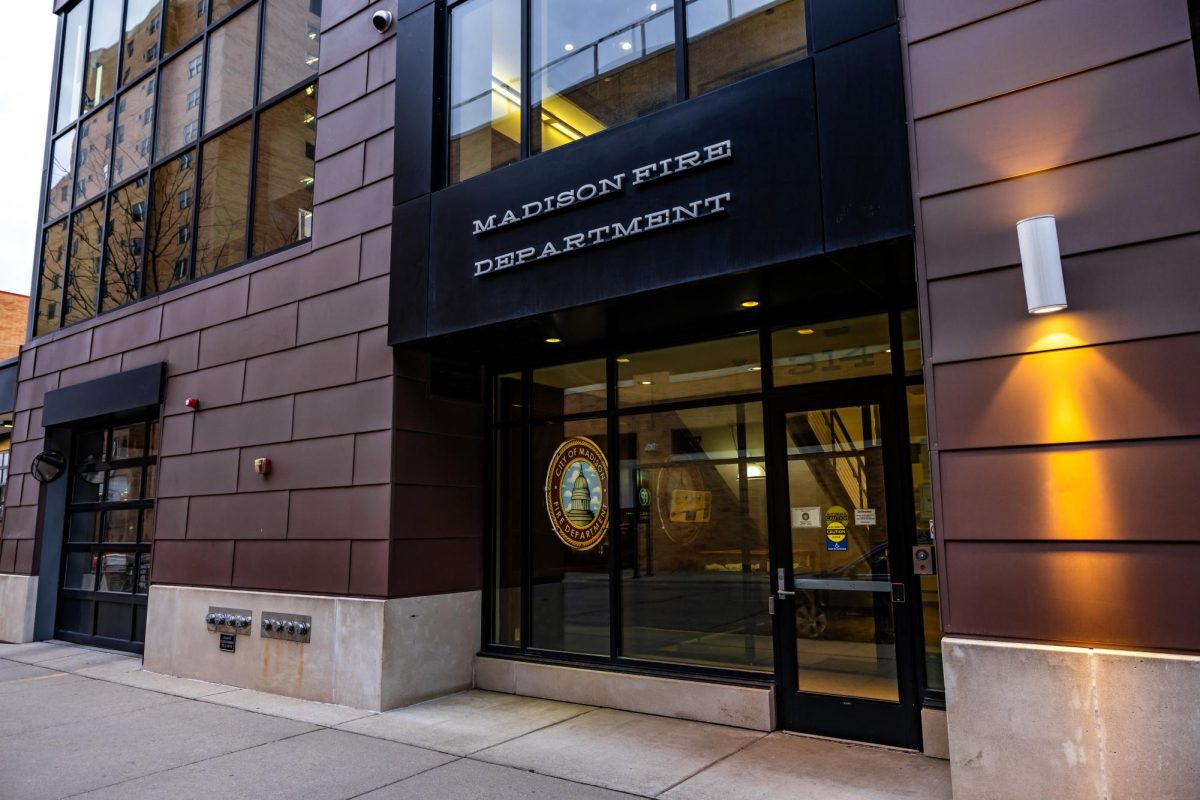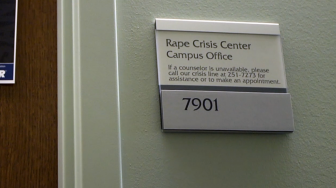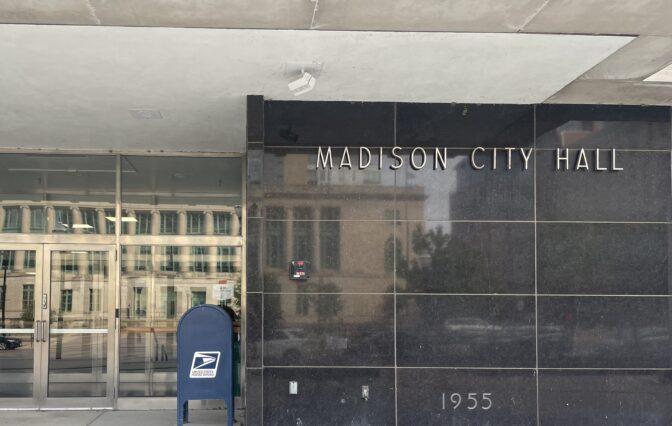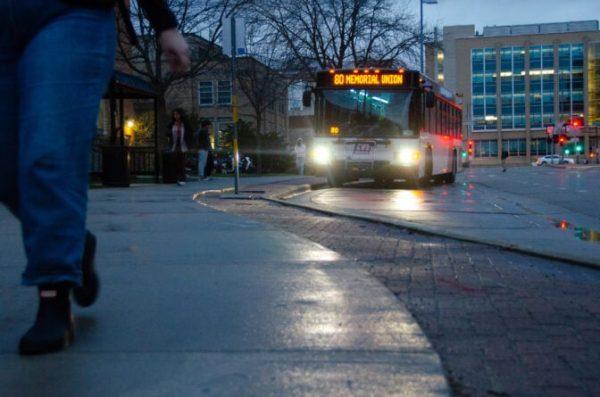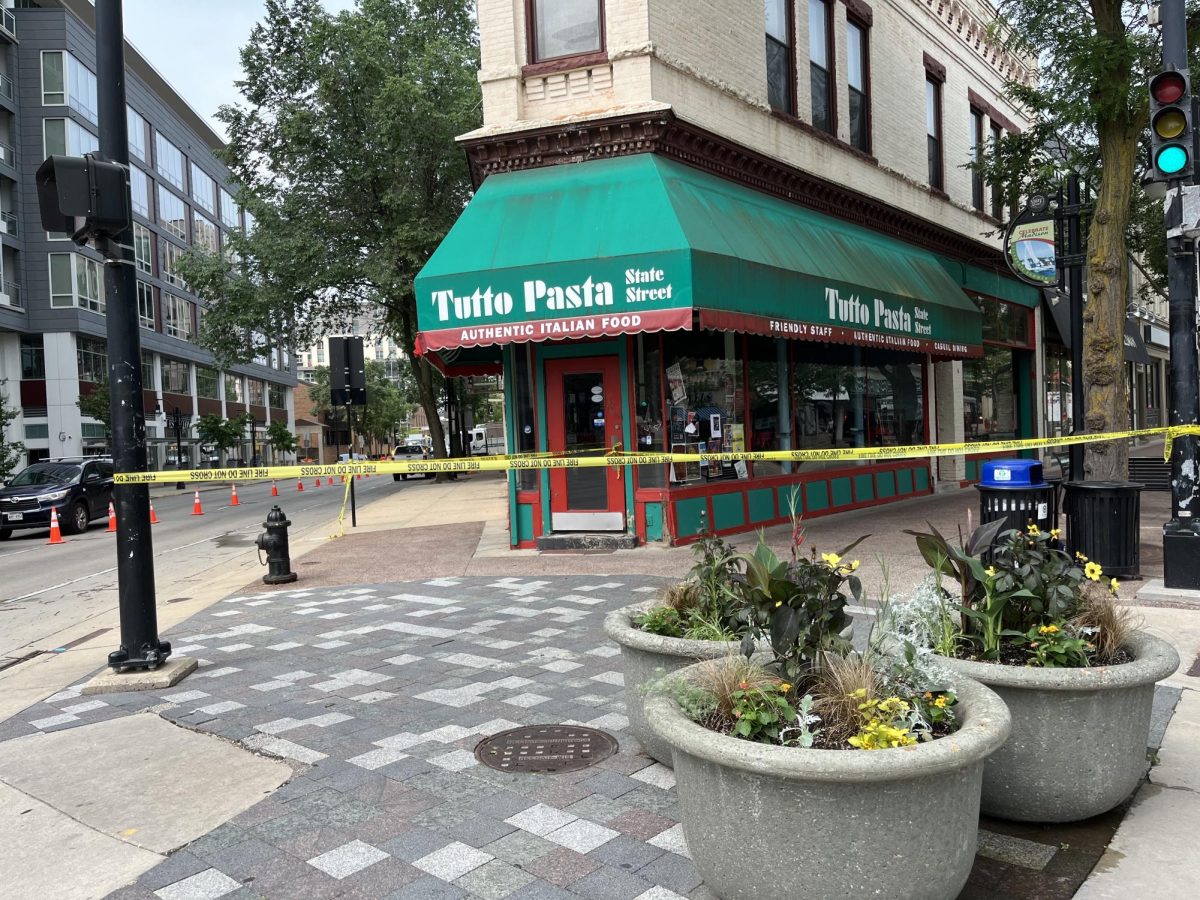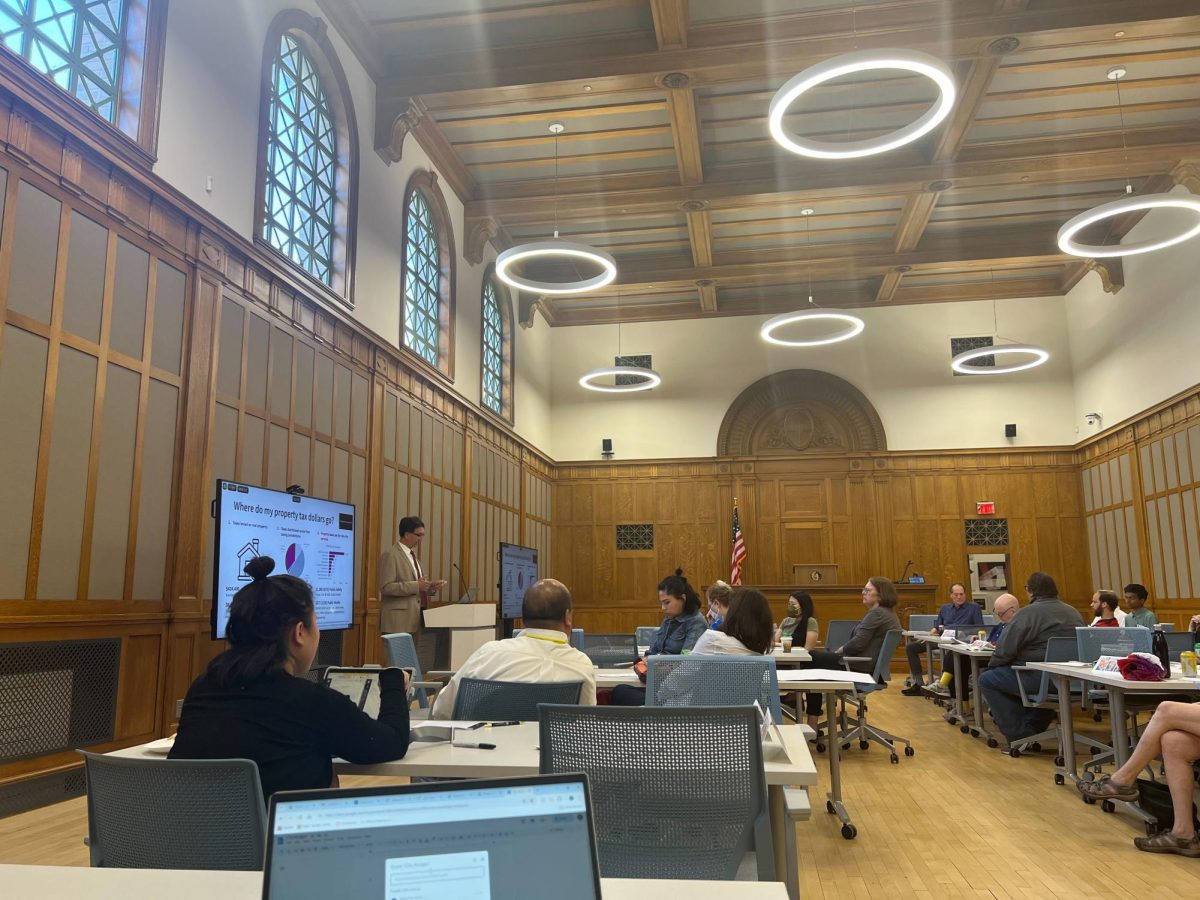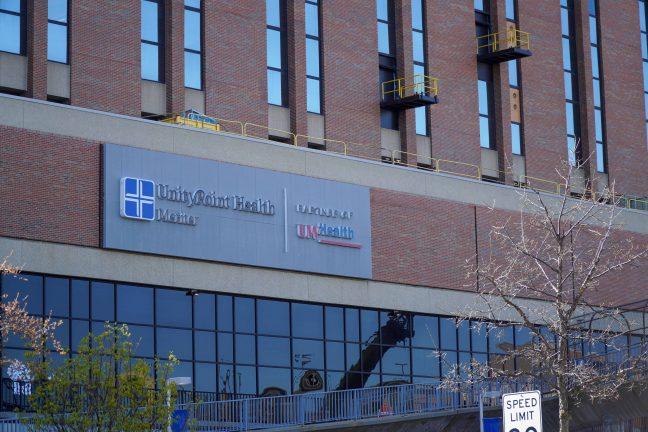Community Alternative Response Emergency Services, the City of Madison’s service for responding to behavioral health emergencies, introduced a third team which will be in service on weekdays from noon to 10 p.m., according to an April 8 press release.
Madison Fire Department Assistant Chief of EMS Operations Ché Stedman said the addition of a third CARES team will help to alleviate demand on the program during its busiest hours.
“There’s one team on the weekends and two during the week,” Stedman said. “And when our teams are in service, there’s still more calls coming in while they’re out, so we know that the demand is there for more teams. We could honestly put five teams in service at one time and they would all be busy.”
Stedman said having a third CARES team also allows the program to capture more behavioral health emergencies being called into the 911 center.
Since the service began in 2021, Stedman said the city has gained a better understanding of the resources that are available when responding to behavioral health emergencies, other than a jail or an emergency room.
“It can be escalating for people,” Stedman said. “No matter how good police officers are at their job, they’ve got a gun on their hip and a badge on their chest.”
Since the Madison Police Department’s main priority is law enforcement, officers are limited in the amount of resources available to them, and the time they can spend responding, Stedman said.
According to Stedman, the purpose of CARES is to meet people at the right time with the right response. When CARES is responding to a citizen having a mental health emergency or other crisis, the first person walking through the door is a crisis worker accompanied by a paramedic, in case there’s any immediate medical need.
“It’s the way we can best provide these services to our citizens from every aspect of behavioral health — whether it’s homelessness, substance abuse, mental health conditions — whatever it is, we feel like we’’re giving a more appropriate response now with CARES,” Stedman said.
Though the demand exists in Madison for the activation of even more CARES response teams, Stedman said it’s a difficult program to expand, given the city’s budget deficit. Part of the difficulty in funding CARES is that the program does not generate revenue for the city, unlike typical ambulance calls, which can be billed to insurance or paid directly by the patient, Stedman said.
“With our CARES response, we don’t bill anybody, and have seven community paramedics and crisis workers that work on these teams,” Stedman said. “We have to pay for their salaries, benefits, the equipment that they use and the vehicles that they drive.”








